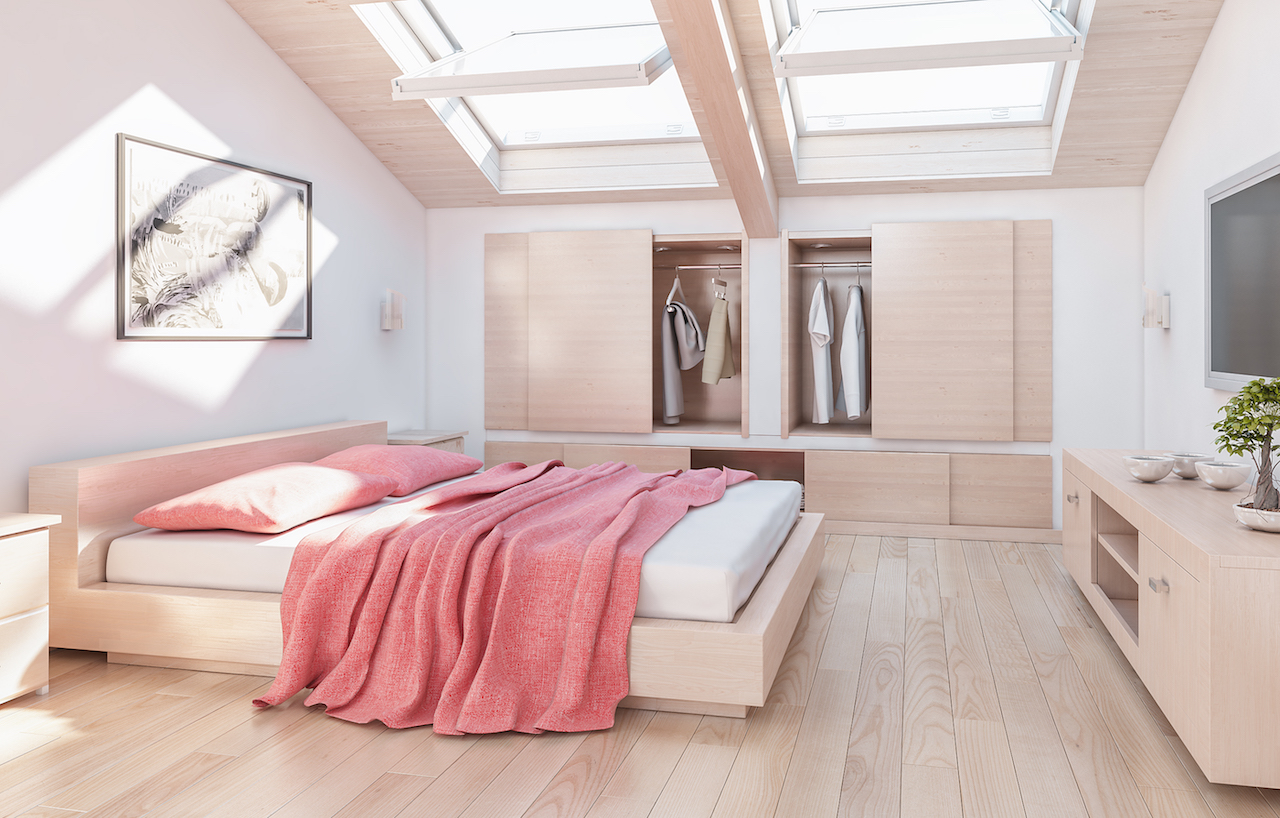
Builders
Search

Builders
Search

Improve or move is a decision many homeowners have to make at some point or another. During these uncertain times however, selling up and moving onto a new property may not be possible for a plethora of reasons.
If space is an issue in your home, there are many ways you can improve your situation. A property extension offers the answer, but instead of extending outwards, why not consider extending upwards?
Loft conversions are particularly popular in the UK, but why should you choose to extend your home in this manner and what do you need to consider when doing just that?
The main advantage of converting your loft space into living space is the increase in square footage. Whether you’re looking to accommodate your growing family with a new bedroom or introduce an office to your home, a loft conversion makes perfect sense.
The design options are endless when converting your loft space. You get to choose from a wide range of styles - including dormer, Velux and hip to gable conversions – to find a layout that works for you, your property and your budget.
Your finished loft conversion also means you get to enjoy a room with a view as well as an increased house value. A loft conversion could even save you money, with most unlocking energy efficient benefits that actively reduce those energy bills.
Another benefit of choosing a loft conversion over another type of extension is that planning permission is rarely needed.
If you’re adding additional roof space of 50 cubic metres or less, using the same (or similar) materials as the rest of your property, not adding windows to the side elevation, and not extending above the existing roof pitch, your loft conversion will fall within your permitted development rights and therefore require no planning permission.
It is important to note that permitted development rights don’t apply to some house types, such as flats, maisonettes, listing buildings, and properties in conservation areas.
The type of conversion you are opting for also affects whether you’ll need planning consent. Mansard conversions – which raise the party wall to convert the loft – generally need planning permission for example.
Not all loft spaces are suitable for conversion. Your loft space has to meet a number of criteria before it is deemed suitable for conversion.
To discover whether your loft is suitable for conversion, find a local builder today.